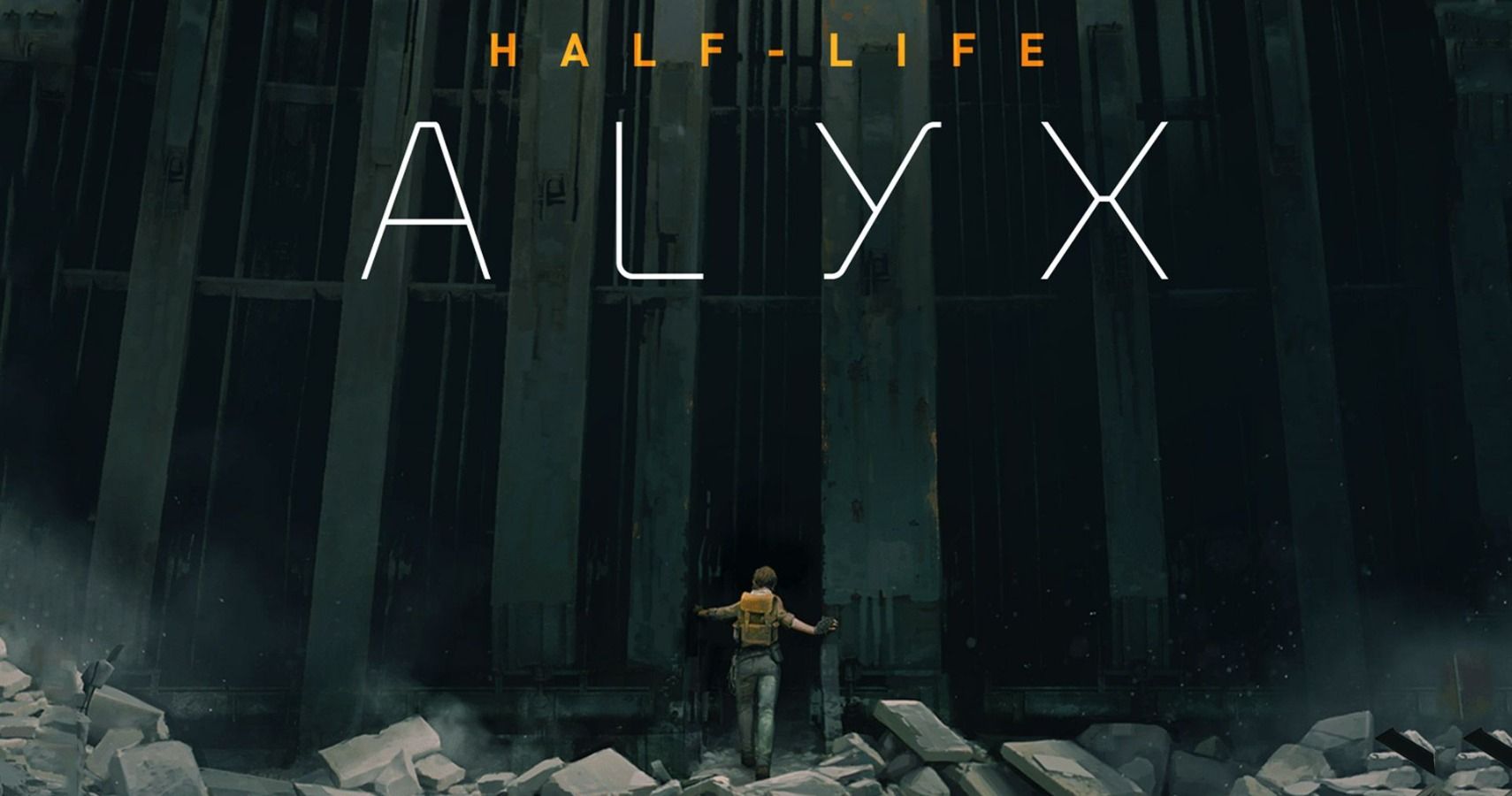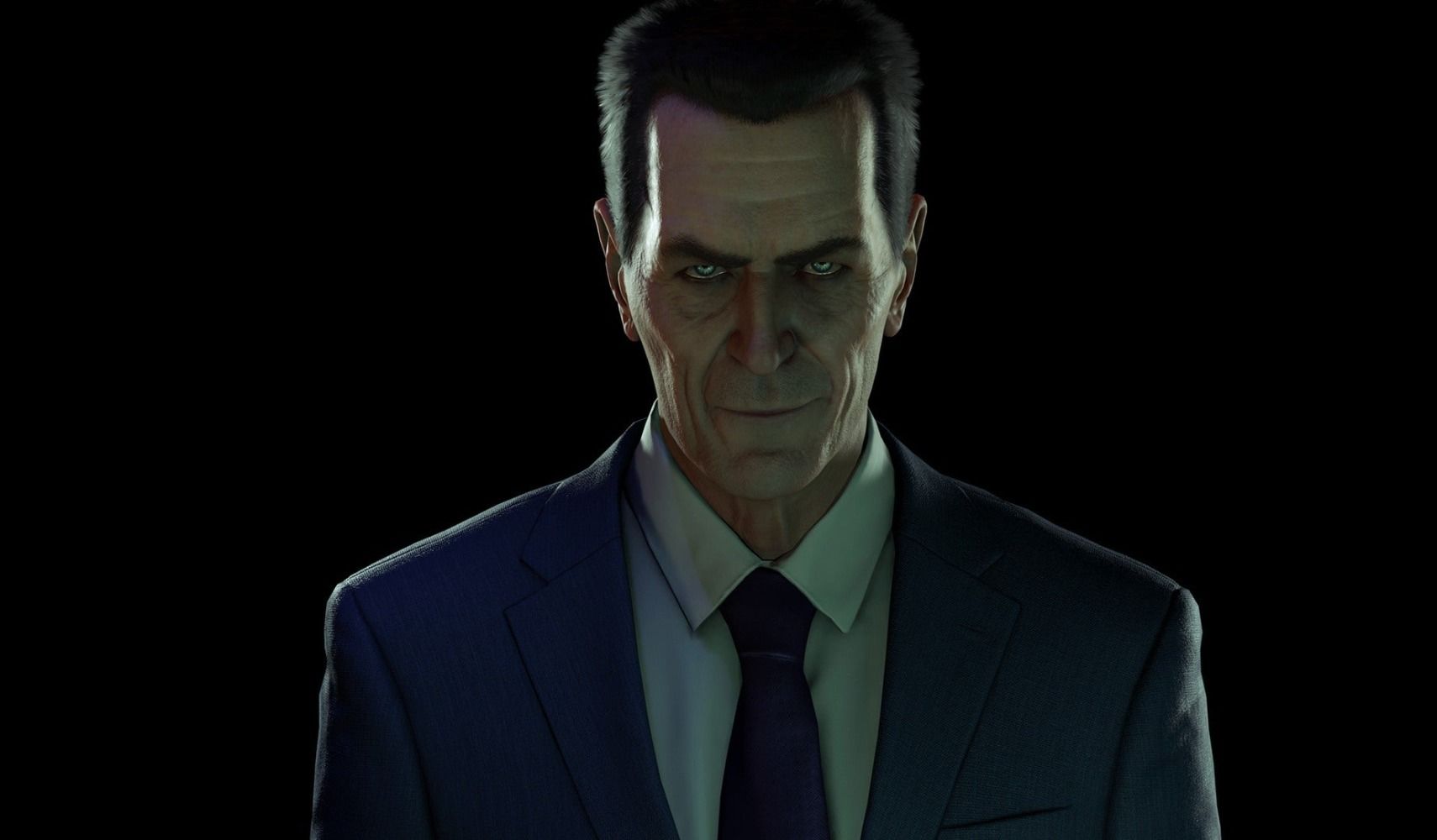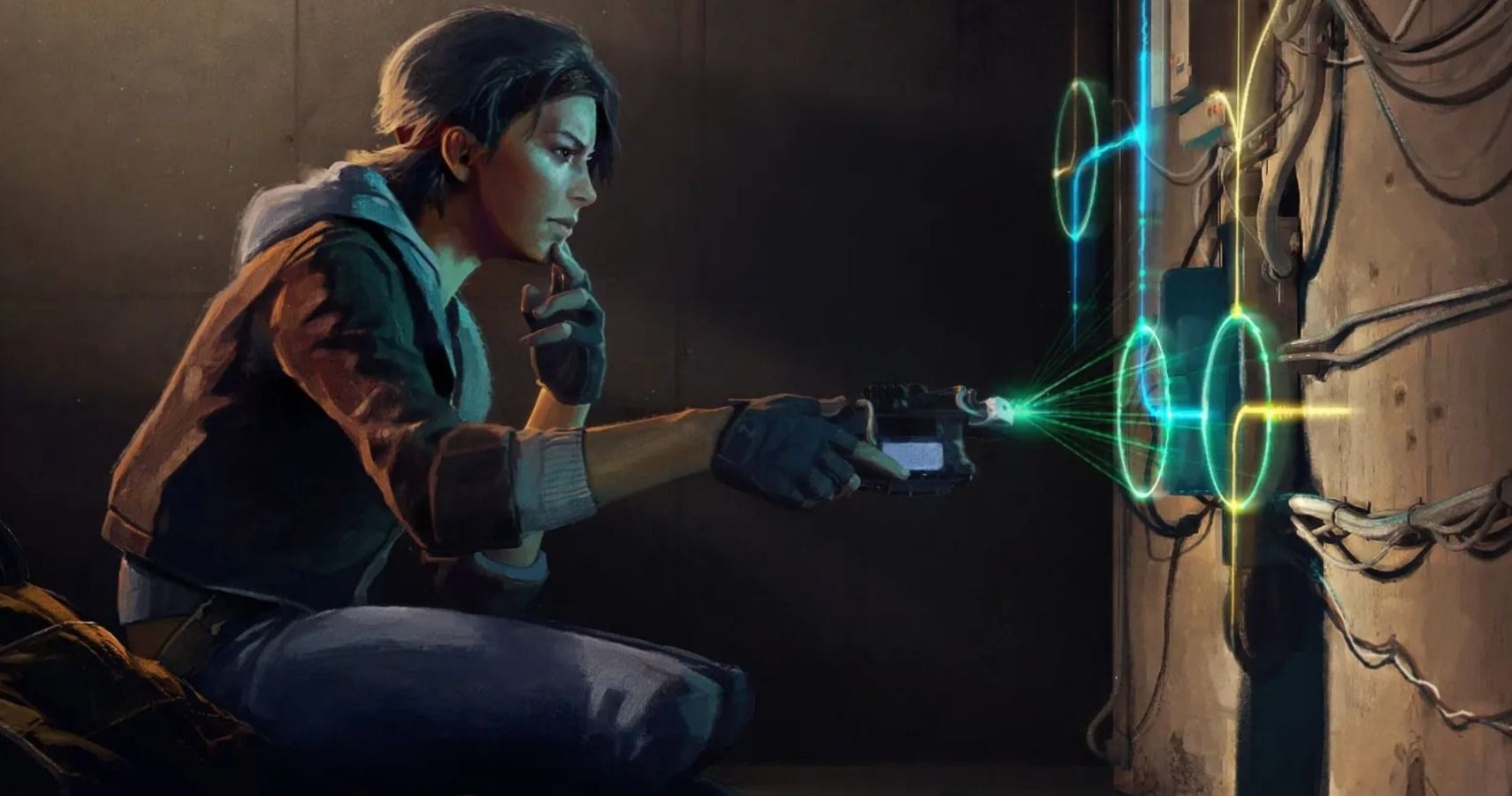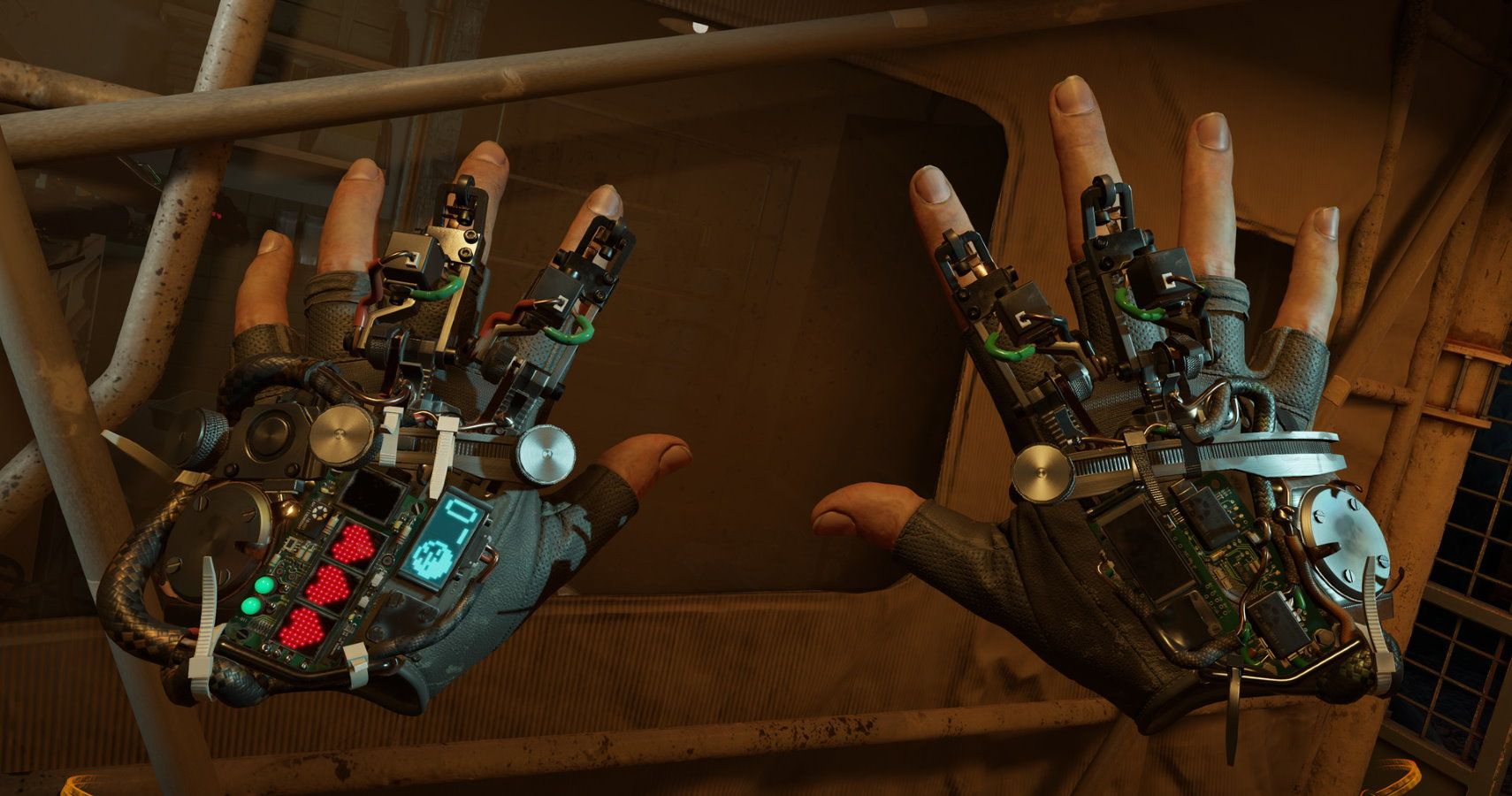I can’t overstate how groundbreaking the ending to Half-Life: Alyx truly is. I’ll be spoiling it in this piece, so you’ve been warned. It takes the infamous conclusion of Half-Life 2: Episode Two and throws it out the window, leaving behind the cliffhanger that has held the franchise back from growth for well over a decade. It’s an immense act of bravery on the part of Valve, and teases potential sequels and other developments I cannot wait to see take fruition. I recently spoke to Robin Walker, the project lead on Half-Life: Alyx, to talk about exactly how this ending came to pass, and the impact it might have on the future.
To set the scene, and here’s a second warning for major spoilers, the ending follows Alyx as she uncovers the Combine facility that is supposedly housing Gordan Freeman. Instead, she finds G-Man, who offers a spooky monologue before giving her a vision of the future. He shows Alyx the death of her father during the conclusion of Episode Two, offering to rewrite history despite warning that it will have major consequences on things to come.
Stricken by a sudden feeling of grief, Alyx agrees, begging the suited man to save her father however he can. With time reversed, G-Man labels Alyx as a worthy successor to Gordon Freeman, a man who has now been thrown aside for failing to abide by G-Man’s wishes, or perhaps more importantly, those of his employer. The final scene has you awaken as Gordon Freeman. Eli Vance is screaming frantically about Alyx’s disappearance, making it clear that he needs your help. A crowbar is handed to the player, and as you reach out to grab it, the credits roll.
This absolutely changes the game, and puts aside any doubt that Valve intends to leave Half-Life behind in the years to come.
“We had goals from the get go that we thought were very important [for the ending] and the story had to matter,” Walker tells me. “There was a point well before we knew what the ending was going to be in terms of its execution and we realised it needed to be something that mattered.”
Alyx was first revealed as a prequel, leaving myself and many others to treat it as a singular adventure, one that would provide additional insight into the world of City 17 and the history of Alyx Vance without pushing things forward. As the closing chapters begin, it becomes evidently clear that Valve is slowly but surely teasing a massive revelation. For much of the runtime, Alyx feels like a routine adventure, eager to draw you into a false sense of narrative security.
Walker understands this, but wanted the end product to mean something. “The story couldn’t be something you could just ignore and move onto whatever we build next,” Walker says. “We also knew that Half-Life fans have been stuck in a sort of narrative limbo for a long time now, and we wanted that to change.”
I also touch on the future of Half-Life, and where it could go now the doors have essentially been thrown open, with new possibilities almost begging to be ushered through them. As Walker puts it, “We wanted to be excited about possibility again - we had a set of goals that were easy to enumerate, but actually executing on those in a way that really worked took a lot of innovation and a lot of testing.”
The ending went through a number of versions to ensure the narrative elements felt right, that the player was taking part in a series of actions that would go on to change the landscape of Half-Life forever. It achieves a level of immersion I honestly think wouldn’t be possible outside of virtual reality, despite the protesting of fans begging for a traditional PC experience.
“Some of the elements, like taking the crowbar weren’t super hard to figure out,” Walker tells me of the closing moments. “But the exact dialogue lines, the exact way we led into that event... We gave [the player] a red herring where you think you know how it’s going to end with a fully plausible ending and we then subverted that, which were all really important elements that took a lot of iteration and came together towards the end.”
Walker didn’t confirm if more Half-Life projects are in the works, but Valve has purposely opened the universe up again, introducing the character of Gordon Freeman in virtual reality with such impact that I couldn’t imagine touching the franchise outside of that medium ever again. The ending of Alyx brought me tears. It’s a beautiful mixture of subversion, nostalgia, and obscenely risky storytelling that destroys years of anticipation built up by the Half-Life audience, telling them that it’s okay to be excited about a property that has sat in hibernation for so long.
As for Half-Life’s future in virtual reality, Walker is confident that Alyx could only be achieved in such a way, and feels like a wider audience will eventually warm to the concept. “There’s going to be people playing Alyx for years to come, so whenever we beat ourselves up about it [being VR] we say to ourselves that we built something that was good,” Walker explains. “That was the thing we had to get right. Now they can forgive us for anything, but not for a bad Half-Life game.”
Virtual reality is still in its infancy, and remains an expensive proposition for many, but much like its early foray into digital storefronts and esports, Valve is joining the party on the ground floor before it elevates into the heavens. For now, I think another playthrough of Alyx is in order, and hope the time comes when the world of Half-Life is ready to welcome me all over again.
Half-Life: Alyx is nominated for a number of accolades in the BAFTA Game Awards on Thursday, March 25. You can find out how to watch the ceremony alongside all the other details right here.




